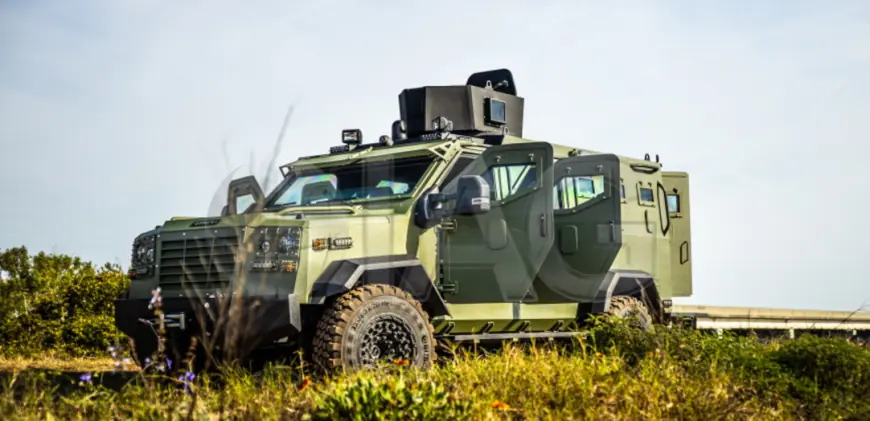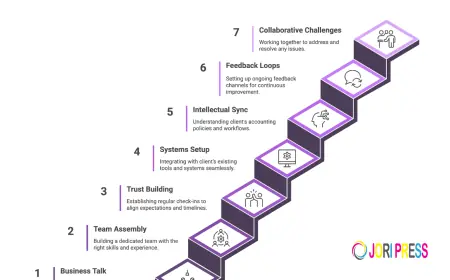Armored Trucks: Purpose, Design, and Applications
This article explores what armored trucks are, how they are built, and where they are used.

Armored trucks are a crucial part of the security and logistics landscape, designed to safely transport high-value goods, cash, and sensitive materials. From banks and retail chains to government and military applications, these trucks play an indispensable role in safeguarding assets against theft, robbery, and attacks. This article explores what armored trucks are, how they are built, and where they are used.
What Are Armored Trucks?
Armored trucks are heavy-duty vehicles reinforced with ballistic and blast-resistant materials to provide maximum protection to their cargo and occupants. Unlike standard commercial trucks, armored trucks are specifically designed to withstand:
-
Armed robbery attempts
-
Ballistic threats from firearms and rifles
-
Explosive attacks and forced entry
They are commonly used by cash-in-transit (CIT) companies, banks, jewellery distributors, and military or law enforcement agencies to transport valuable or sensitive items securely.
How Are Armored Trucks Built?
1. Base Truck Selection
Manufacturers typically use commercial truck chassis from brands like Ford, Mercedes-Benz, Iveco, or Freightliner as the base vehicle due to their reliability and load-bearing capacity.
2. Installing Armored Materials
The truck’s cab and cargo area are reinforced with:
-
Ballistic steel plating: Installed within doors, sidewalls, rear bulkheads, roof, and cargo compartments to resist gunfire.
-
Ballistic glass: Thick multi-layered windows with polycarbonate for bullet resistance while maintaining visibility.
-
Blast-resistant flooring: Provides protection from grenades or small explosive devices placed under the truck.
3. Upgrading Vehicle Components
To manage the significant weight increase due to armoring materials:
-
Heavy-duty suspension systems are installed to maintain stability and ride quality.
-
Enhanced braking systems ensure safe stopping even when fully loaded.
-
Run-flat tires allow the truck to continue driving after a puncture, aiding escape from dangerous situations.
4. Security Features Integration
Armored trucks are equipped with multiple security technologies, including:
-
GPS tracking systems for real-time vehicle monitoring
-
Secure communication systems for contact with dispatch and law enforcement
-
Reinforced locking mechanisms to prevent unauthorized access to cargo
-
Alarm and surveillance systems to deter and record attempted attacks
Types of Armored Trucks
-
Cash-in-Transit Trucks: Used by banks and CIT companies to transport money between ATMs, bank branches, and businesses.
-
Armored Cargo Trucks: Designed to move valuable goods such as gold, diamonds, artwork, or pharmaceuticals.
-
Military Armored Trucks: Built to transport personnel, equipment, and supplies in combat zones while providing ballistic and blast protection.
-
Law Enforcement Armored Vehicles: Used by SWAT teams and police forces during high-risk operations to transport officers safely.
Applications of Armored Trucks
-
Banking and Financial Sector: Secure transportation of cash and deposits.
-
Retail and Jewellery Sector: Moving luxury goods safely from suppliers to stores.
-
Military Operations: Ensuring safe movement of troops and equipment in conflict zones.
-
Government Agencies: Transporting sensitive documents, evidence, or high-value assets.
-
Pharmaceutical Industry: Moving temperature-sensitive or controlled substances securely.
Why Are Armored Trucks Important?
With increasing threats of armed robbery, organized crime, and terrorism, armored trucks:
-
Protect valuable assets from theft and loss
-
Safeguard the lives of drivers and security personnel
-
Provide peace of mind for organisations managing high-value logistics
-
Enhance operational efficiency by ensuring uninterrupted delivery of critical goods
Conclusion
Armored trucks are engineered to combine strength, technology, and operational efficiency, making them essential in banking, logistics, security, and defense industries. Their ability to deter threats while transporting valuable items safely makes them a cornerstone of global security infrastructure.
What's Your Reaction?
 Like
0
Like
0
 Dislike
0
Dislike
0
 Love
0
Love
0
 Funny
0
Funny
0
 Angry
0
Angry
0
 Sad
0
Sad
0
 Wow
0
Wow
0

















































